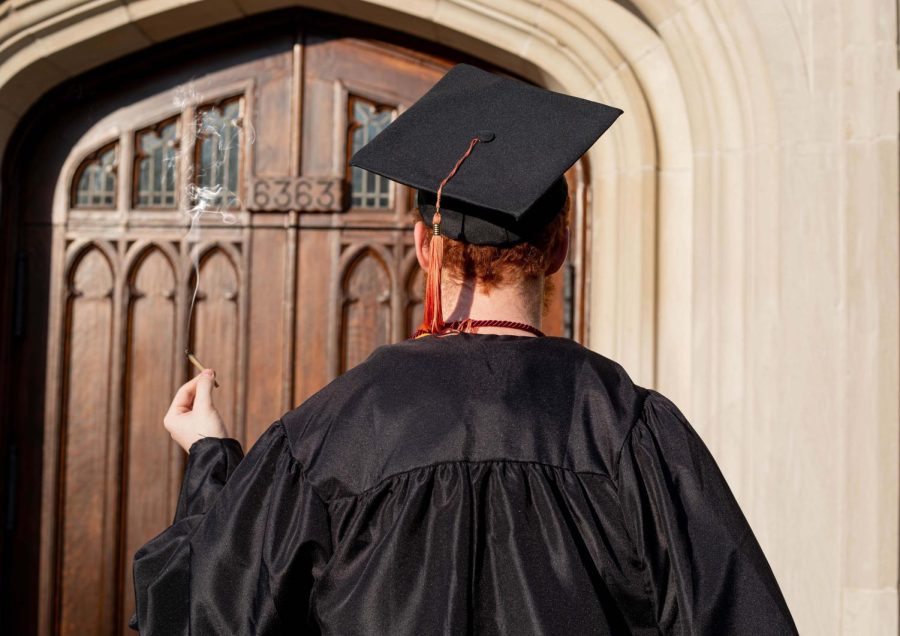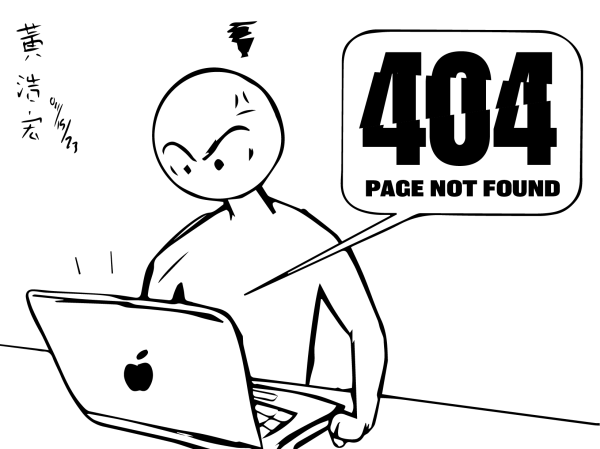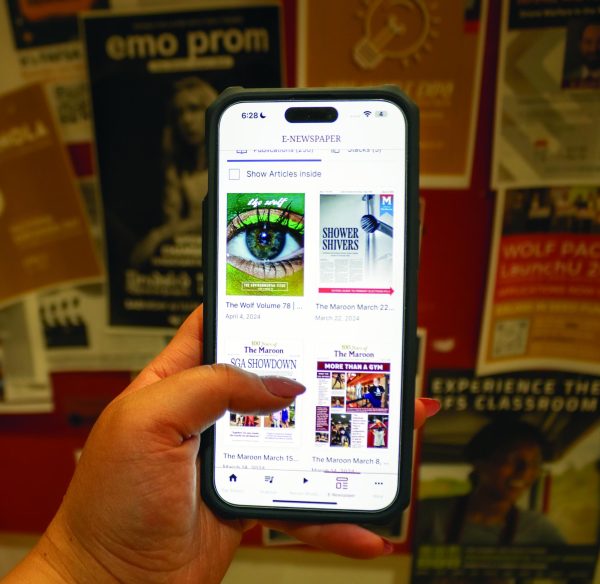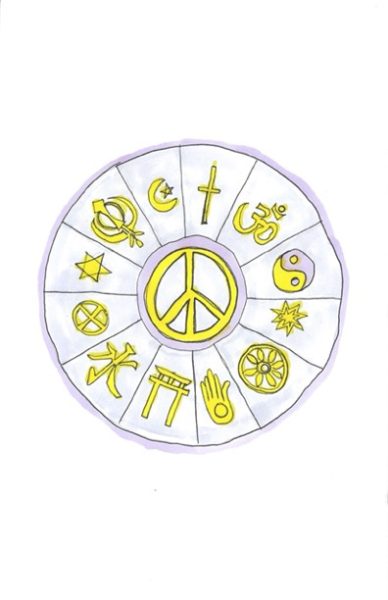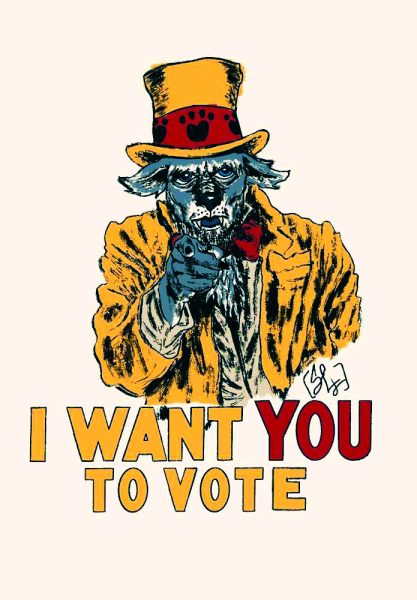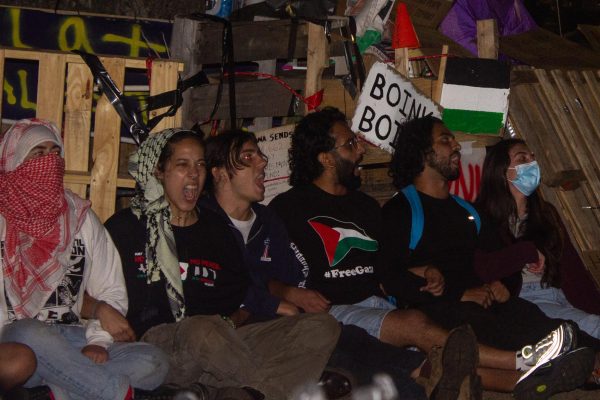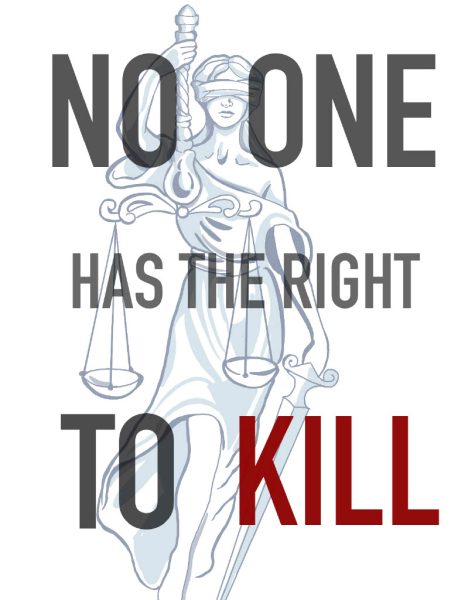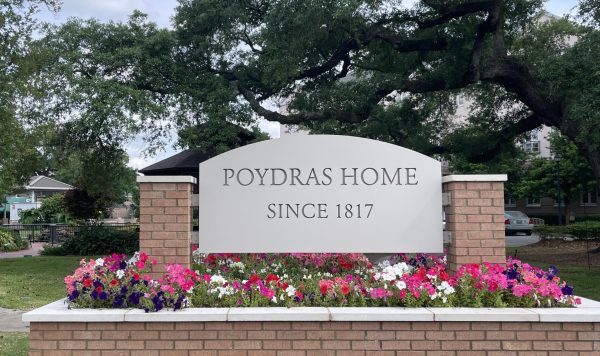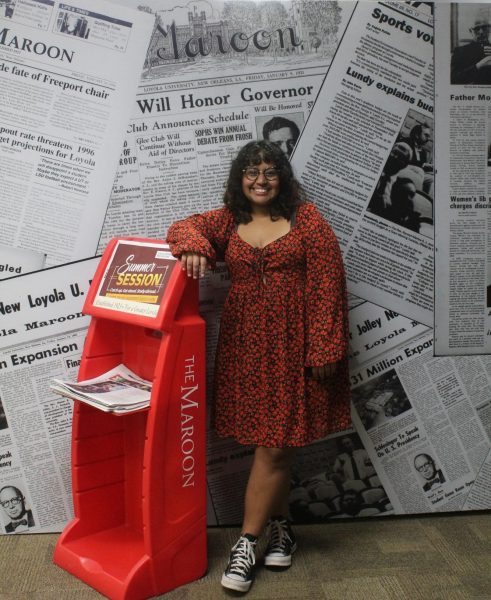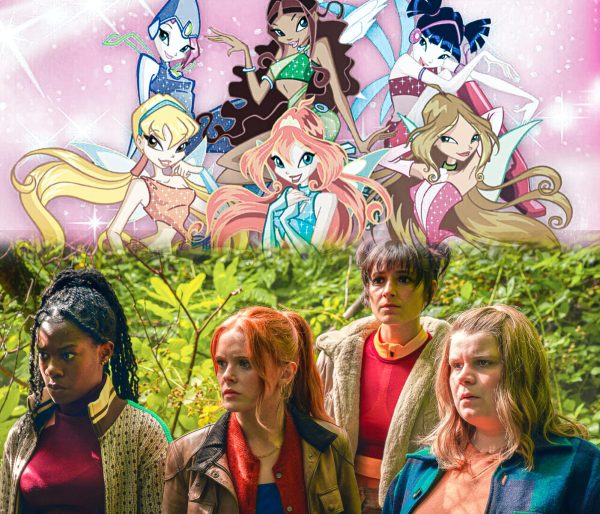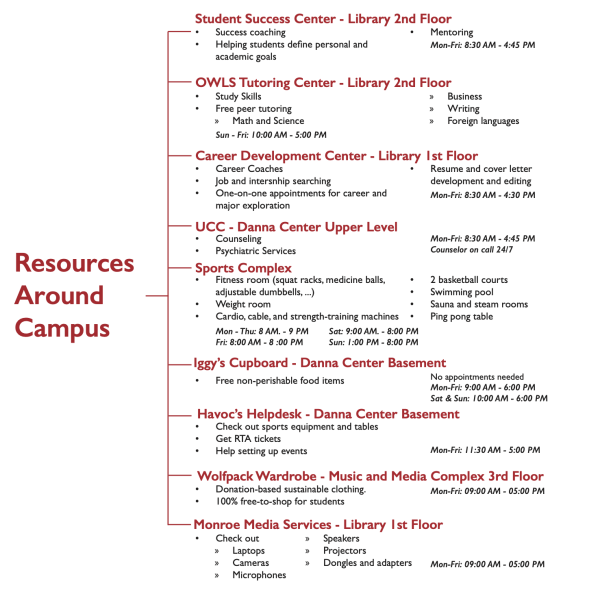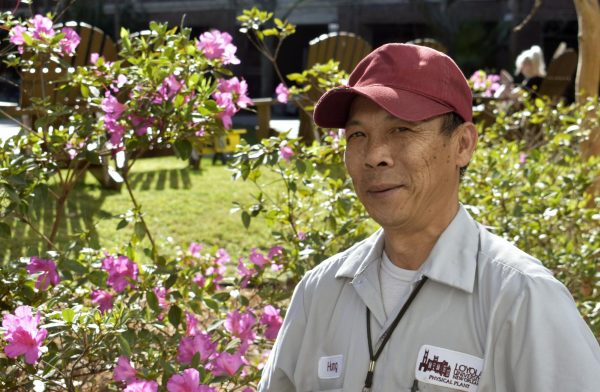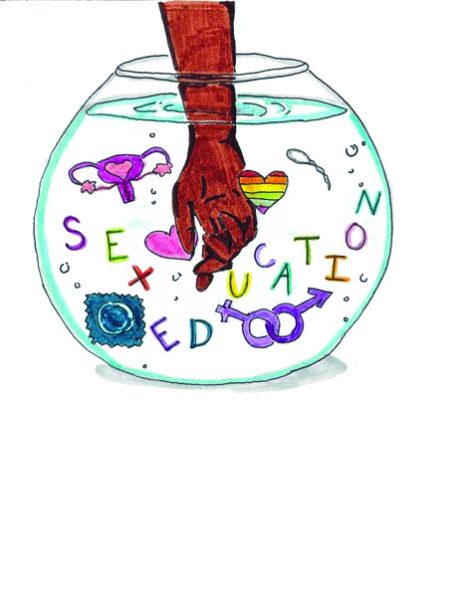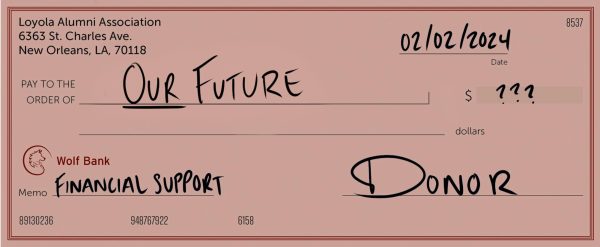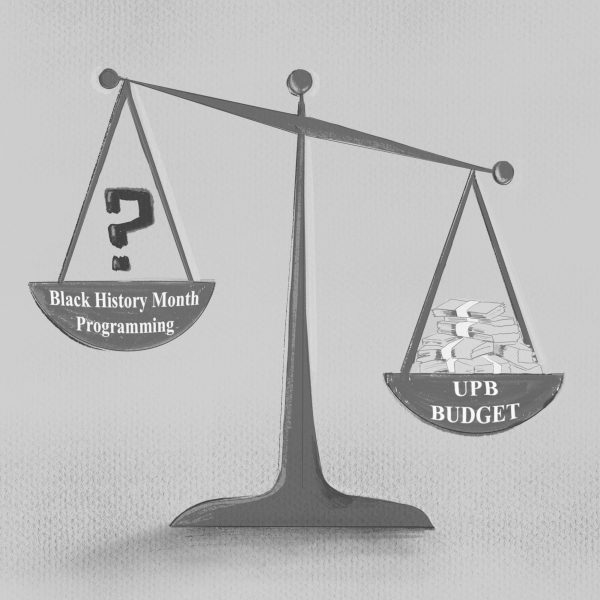EDITORIAL: WEED like it legalized
Picture this: You’re in your second semester of your senior year of college. Graduation is just around the corner. You’re walking down the street late at night, smoking a joint to relax after midterms, and you’re busted by a cop for having 15 grams of weed. You lose your scholarships, your internship, and you have to pay all of your financial aid back.
From one moment to the next, you’re fucked.
We need to federally legalize marijuana, and we have a long way to go. For now, we need to focus on making medicinal marijuana more accessible to the patients that need it while making efforts to advance legalization.
Loyola is a global campus that serves students from all over the world, and many students are legally smoking recreational weed in their home countries or states.
Now, they are at risk of being incarcerated or fined due to discrepancies in marijuana laws. What’s sold in corner store dispensaries in colorful packaging in one state is a felony charge in another.
While the criminalization of marijuana could potentially compromise the future of college students, it is rooted in racist ideologies and poses greater risks to people of color.
The War on Drugs is nothing more than a system created to racially profile and legally incarcerate people of color.
While Black and White people use marijuana at the same rate, the incarceration of Black people is four times more likely, according to the American Civil Liberties Union.
In Louisiana, there were 21,331 marijuana arrests in 2018, and the state is ranked 29th in the nation for its racial disparities.
This is explicit in the city of New Orleans. From 2012 to 2015, a study was conducted by the Vera Institute of Justice on the racial disparities in the city, and it found that 79% of Black people were arrested with marijuana possession while only 21% of other races were arrested for possession.
In Louisiana, being in possession of more than 14 grams of weed or distributing and/or cultivating any amount is punishable by a felony charge.
A felony drug charge could mean two to ten years in prison and a $30,000 fine. These are short term consequences, but the long-term effects of having a felony on your record is detrimental.
A felony charge not only results in a permanent criminal record but could result in loss of job opportunities, difficulties finding housing, applying for federal loans, and other lifelong consequences.
Consequences that wouldn’t happen if recreational marijuana was legalized.
While Louisiana has yet to legalize recreational marijuana, as of 2019, medicinal marijuana has been legalized.
However, this doesn’t make accessing weed any easier, especially for students.
Despite marijuana being medicinally legal statewide, it’s expensive to get a medical card, difficult to get a diagnosis, and the quality and price of the product is poor.
To get a card, you have to be diagnosed with a qualifying condition, which can take months and cost hundreds, if not thousands, of dollars. After you’ve been diagnosed, you need to find a doctor who’s willing to recommend marijuana as part of your treatment plan. Then, you’ll need to find a medical marijuana doctor, who will then recommend products and a medicinal dispensary. Then, you’ll get a recommendation from the Louisiana Board of Pharmacy. Finally, you can legally buy weed.
The process costs a minimum of $275 for the cost of recommendation and registration, and that’s before you even get to buy your medicine.
We’re more worried about paying for our next meal, not booking expensive doctor’s appointments to register for a card. A card for a plant we can buy cheaper from some kid in our music class.
With the cost of legal weed nearing $400 an ounce, it’s inaccessible for most, making black market marijuana sales the cheapest and easiest route.
As college students, it’s no secret that we’re broke, but surprise, we’re also stressed.
College students have abnormally high rates of anxiety, and marijuana has been shown to help control some of the symptoms. Medical marijuana users reported 58% reduction of anxiety and stress, but marijuana as a medicine isn’t always respected. For students with mental health disorders that use medical marijuana, there aren’t even places to consume their medicine. Loyola is a smoke-free campus, meaning students with medicinal cards who live on campus have to leave their homes to use their products.
At the end of the day, despite not having openly accessible places to smoke, not legalizing weed is not going to stop people from using it — medicinally and recreationally. All it does is force users to smoke privately and encourage harmful ideas about smokers.
Lawmakers need to get real about weed. It’s not affecting anyone but the user, and it’s expensive and unnecessary to police. They need to sit back, relax, and maybe smoke a joint.

Oliver Bennett is a mass communications journalism and sociology major from Dallas, Texas and Natchitoches, Louisiana. This semester, he’s excited to...
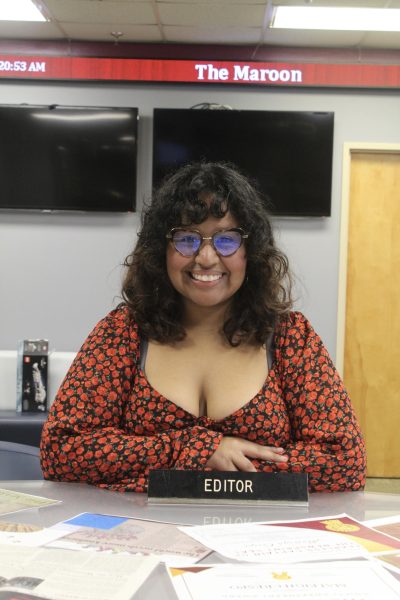
Maleigh Crespo serves as the Maroon's Editor in Chief. Maleigh previously served as the Maroon's Managing Editor for Print, Design Chief, Equity and...
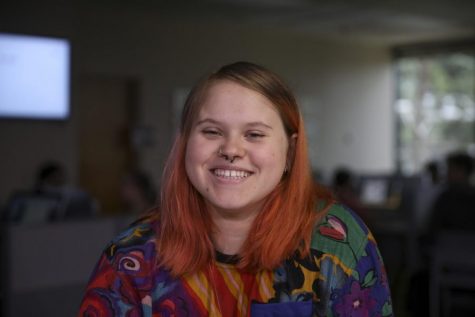
Hannah Renton is a senior visual communication major and is working as Photo Editor this semester. She has previously worked as the Design Chief, Assistant...


